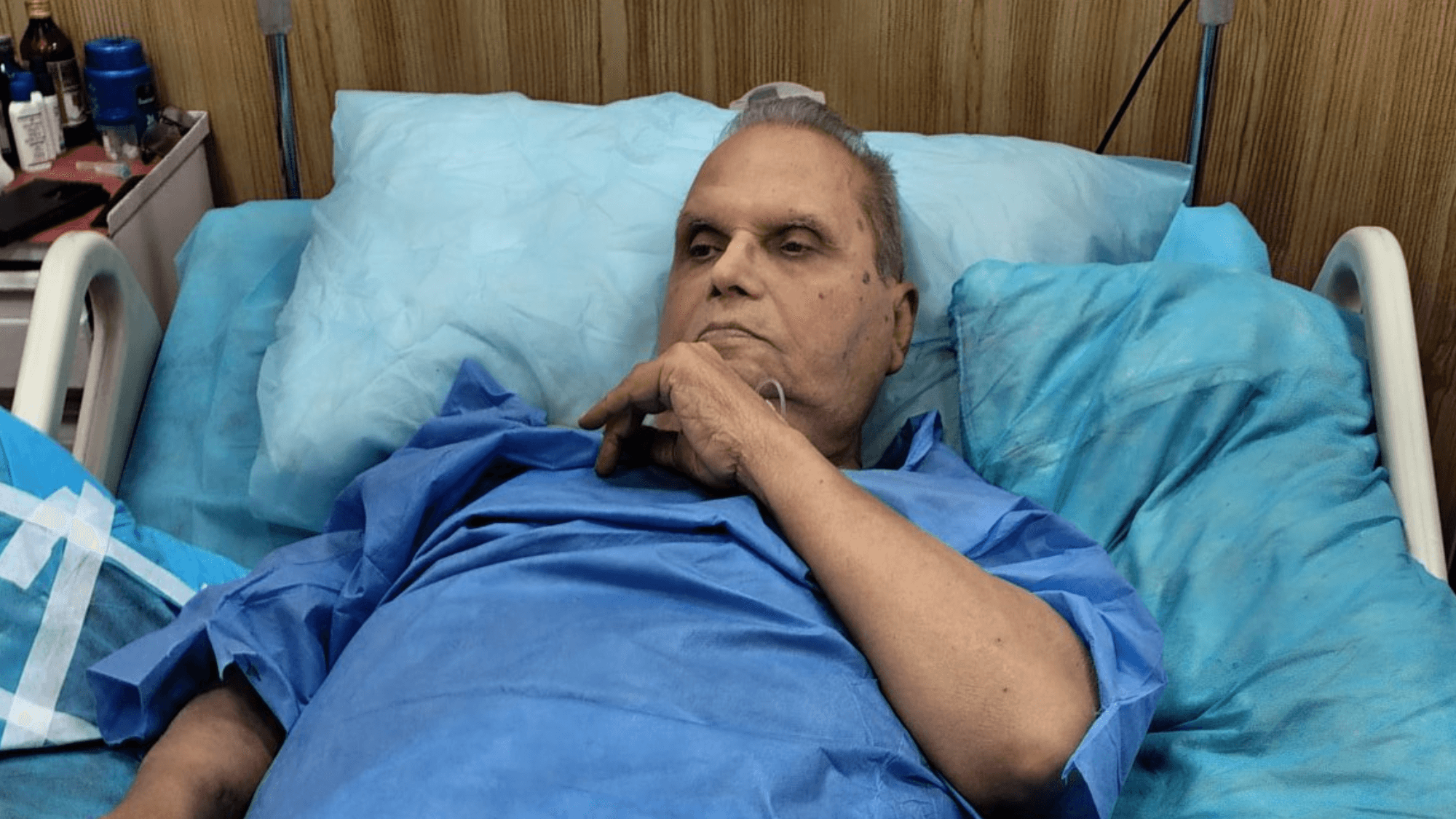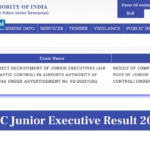On August 5, 2025, Chaudhary Satyapal Malik, the former Governor of Jammu & Kashmir, passed away at the age of 79 in Delhi’s Ram Manohar Lohia Hospital. He had been battling multiple chronic health issues, including diabetic kidney disease, hypertension, and obstructive sleep apnea. Despite months of intensive medical treatment, including time in the ICU and various advanced procedures, he breathed his last around 1:10 PM, drawing the curtain on a political career that spanned nearly five decades and left an indelible mark on Indian governance.
🧭 A Life Rooted in Rural India
Born on July 24, 1946, in Hisawada village of Baghpat district, Uttar Pradesh, Satyapal Malik was influenced early on by socialist thinker Ram Manohar Lohia. His rural roots and academic background shaped his early understanding of grassroots politics. He began his political journey in the 1970s, and by 1974, he was elected as an MLA in Uttar Pradesh. This was only the beginning of a long and dynamic career that would take him through the heart of Indian politics.
🧱 The Political Climb
Malik served in both Houses of Parliament—first as a Rajya Sabha member from 1980 to 1989 and then as a Lok Sabha MP from Aligarh between 1989 and 1991. During his time in national politics, he also held the post of Union Minister of State for Parliamentary Affairs and Tourism under the V.P. Singh government in 1990.
Throughout his political journey, Malik was known for shifting allegiances—moving between various parties such as Bharatiya Kranti Dal, Janata Dal, Congress, and finally the BJP, which he joined in 2004. Despite these shifts, he maintained a consistent reputation for being outspoken, especially on issues related to farmer rights and governmental accountability.
🏛️ The Governor Who Oversaw a Constitutional Shift
Perhaps the most defining period of Malik’s career came when he was appointed as the Governor of Jammu & Kashmir in August 2018. It was under his watch that Article 370 was abrogated and the state was bifurcated into two Union Territories—Jammu & Kashmir and Ladakh. This move marked one of the most significant constitutional changes in modern India.
He remained the last Governor of the erstwhile state before it transitioned into a new administrative identity. During this period, Malik’s role was critical in managing both political tensions and administrative realignments. His tenure also included direct engagements with local leaders, bureaucrats, and civil society—an experience that later influenced his vocal critiques about how the situation was handled.
In addition to Jammu & Kashmir, Malik also served as Governor in other Indian states:
- Bihar (Sept 2017 – Aug 2018)
- Odisha (Additional charge from Mar – May 2018)
- Goa (Nov 2019 – Aug 2020)
- Meghalaya (Aug 2020 – Oct 2022)
His term in these states varied in duration, but each added to his growing image as a candid administrator willing to challenge political norms.
⚖️ The Unapologetic Critic
Satyapal Malik was not a typical bureaucratic governor who stayed within the limits of the ceremonial role. He frequently made headlines for statements that defied party lines, often criticizing decisions made by the central government. After the Pulwama terror attack in 2019, Malik openly claimed that intelligence failures had contributed to the tragedy. He further alleged that he had been instructed to remain silent on the issue.
In other interviews, he claimed that he was offered bribes to approve files related to major developmental projects in Jammu & Kashmir. These bold claims eventually drew legal scrutiny, and in May 2025, he was named in a chargesheet related to an alleged ₹2,200-crore hydroelectric project scam.
Yet, his supporters admired his unfiltered honesty, considering him one of the few political figures willing to speak truth to power. His consistent support for farmers’ rights, particularly during the national farmers’ protest, earned him respect among agrarian communities.
🏥 A Battle Against Time and Illness
Malik’s health had been deteriorating since early 2025. He was admitted to RML Hospital on May 11, 2025, with a urinary tract infection and pneumonia, which rapidly escalated into septic shock, acute kidney injury, and multi-organ dysfunction. Doctors initiated advanced treatments such as dialysis and tracheostomy and placed him on ventilator support.
For nearly three months, Malik fought valiantly in the ICU. His condition occasionally showed signs of improvement, but recurring infections proved fatal in the end. On August 5, surrounded by close family and medical staff, he passed away after a lengthy and painful medical battle.
🕊️ A Legacy of Complexity
Satyapal Malik’s legacy is a complicated one. He was not just a politician but a symbolic figure representing the intersection of constitutional authority and grassroots activism. His career was marked by ideological shifts but remained grounded in his original vision of fairness, accountability, and national integration.
His contribution during the abrogation of Article 370 gave him a permanent place in India’s political history. But it was his sharp tongue and no-nonsense demeanor that made him a subject of both admiration and criticism.
His refusal to toe the party line—despite being a Governor appointed by the ruling party—was both rare and bold. Whether addressing the plight of farmers or critiquing bureaucratic inefficiencies, Malik always chose the path of open dialogue over silence.
🕯️ Final Goodbye
After his death, his body was taken to his residence in RK Puram, Delhi. Preparations were made for cremation at Lodhi crematorium the next day. His passing sparked an outpouring of grief from leaders across the political spectrum. Even his staunch critics acknowledged his contributions and the role he played in shaping discourse around governance and state administration.
From local farmer groups in Uttar Pradesh to political veterans in Delhi, condolences flowed in. Statements from former colleagues, opposition parties, and grassroots activists all echoed a similar sentiment—India had lost a voice of conscience.
📌 Closing Thoughts
At 79, Satyapal Malik’s life may have come to an end, but his imprint on Indian political discourse remains. He stood out as a figure who dared to challenge institutional silence, took on roles of immense responsibility, and never shied away from a difficult conversation.
From the dusty lanes of Baghpat to the turbulent political landscape of Jammu & Kashmir, his journey reflected both the evolution and contradictions of Indian politics. A man of many shades—administrator, critic, reformist, and political survivor—Satyapal Malik’s life was a testament to what it means to walk the fine line between power and principle.
May his soul rest in peace.










